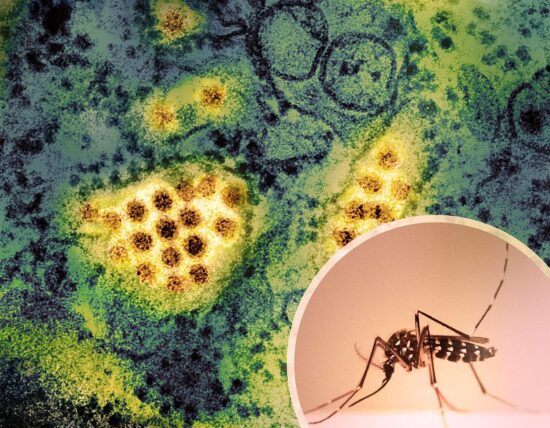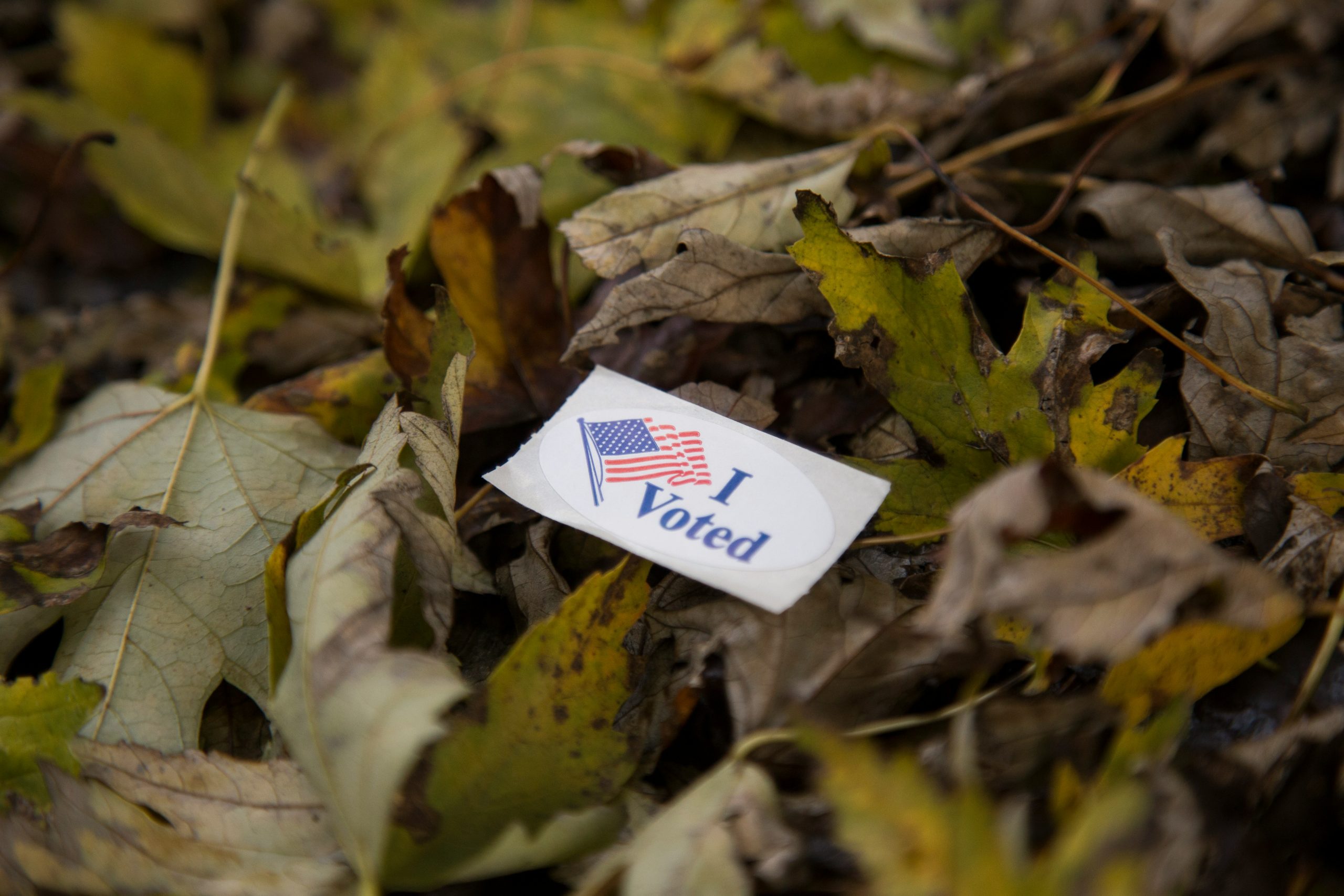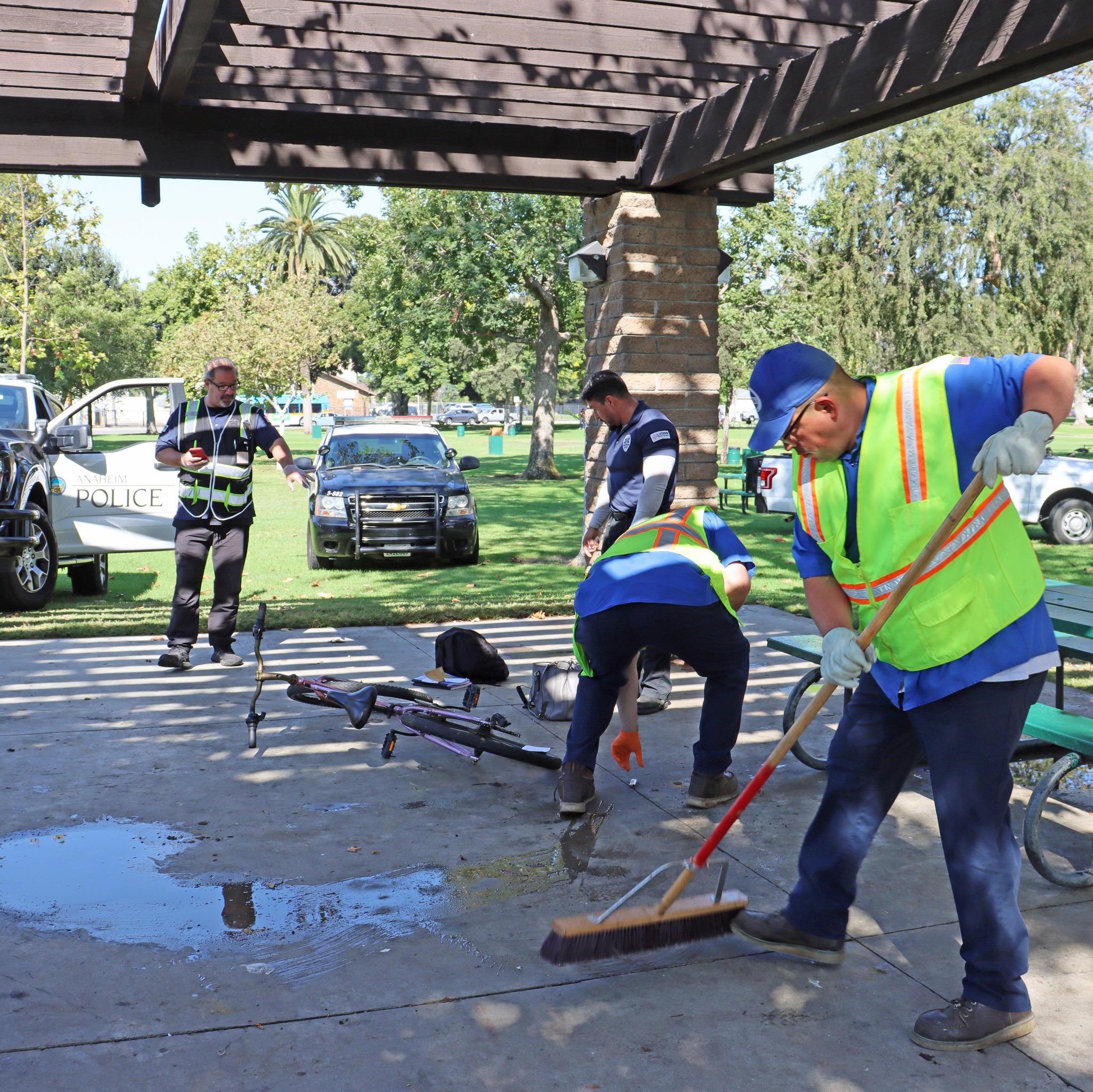Dengue continues to spread with two more locally acquired cases of the virus in Baldwin Park, the Los Angeles County Department of Public Health announced Wednesday.
Known dengue cases in Baldwin Park now total five, officials reported. None of those infected have a history of traveling to areas where dengue typically exists.
“This small local outbreak raises concern about the continued spread of dengue in Baldwin Park due to infected mosquitoes and the potential for spread to other areas of Los Angeles County as people travel throughout the County,” according to a Public Health statement. “It is essential for people living and working in Baldwin Park and other areas where a case of dengue has been identified to prioritize mosquito control and prevention measures to reduce the risk of spread.”
Dengue spreads through the bites of infected Aedes mosquitoes, in particular Aedes aegypti and Aedes albopictus. A sustained dengue outbreak in a neighborhood takes place when infected mosquitoes bite and spread the virus to area residents, who are then bitten by other mosquitoes. Those mosquitoes acquire dengue and perpetuate the cycle.
Aedes mosquitoes are most active during the daytime, and the most risky times for bites generally are early in the morning just after sunrise and late afternoon just after sunset when sunlight is less intense.
“We are still investigating, but these new cases raise concern about the potential for continued local spread of dengue through the bite of infected mosquitoes in Baldwin Park,” Los Angeles County Health Officer Muntu Davis said in a statement. “Many people infected may not show symptoms, making it challenging to detect and control the spread of the disease. However, with the help of the community, we can make a difference. We need the support of everyone living and working in areas where mosquito-borne diseases are a concern.”
Teams from the county health department and the San Gabriel Valley Mosquito and Vector Control District teams will do outreach and offer testing for dengue and enhanced mosquito control services for those living and working in the area, Davis said.
“It’s also important for everyone to focus on protecting themselves from mosquito bites and eliminating places where mosquitoes can breed and grow,” Davis added. “Together, we can protect our communities from dengue and other mosquito-borne diseases.”
About 25% of people infected with dengue show symptoms, which can range from mild to severe fever, followed by severe headache, pain behind the eyes, joint and muscle pain, rash and possibly mild bleeding, according to Public Health. Serious cases of dengue can lead to severe bleeding, shock and a severe drop in blood pressure that can lead to organ failure, requiring emergency medical care.
Dengue symptoms may appear two to seven days following a bite from an infected mosquito, according to the health department. Symptoms typically last two to seven days, and most patients will recover after about a week. About 1 in 20 people with symptoms can develop severe disease.
“In Baldwin Park, outreach teams are visiting residents in the area where cases were identified to provide information on dengue, offer dengue testing, and encourage residents to take protective measures against mosquitoes,” according to the Public Health statement.
The vector control district has increased mosquito trapping, officials said.
“As the situation evolves, the District is committed to maintaining an aggressive response strategy,” Jason Farned, vector control district manager, said in a statement. “We will continue aggressive mosquito control efforts, weekly surveillance testing, and public education to help protect public health and mitigate the risk of further transmission. While dengue has not been detected in local mosquito populations, the district urges residents to take important measures to prevent mosquito bites.”
Dengue is common in tropical and subtropical regions, such as the Caribbean, Central and South America, Southeast Asia and the Pacific islands. The types of mosquitoes that spread dengue are found in many parts of the United States, but dengue is not usually spread by mosquitoes in LA County, officials said. Most LA County cases have been linked to travel to areas where dengue is endemic.
More information on preventing dengue and treatment is at publichealth.lacounty.gov/acd/VectorDengue.htm.







